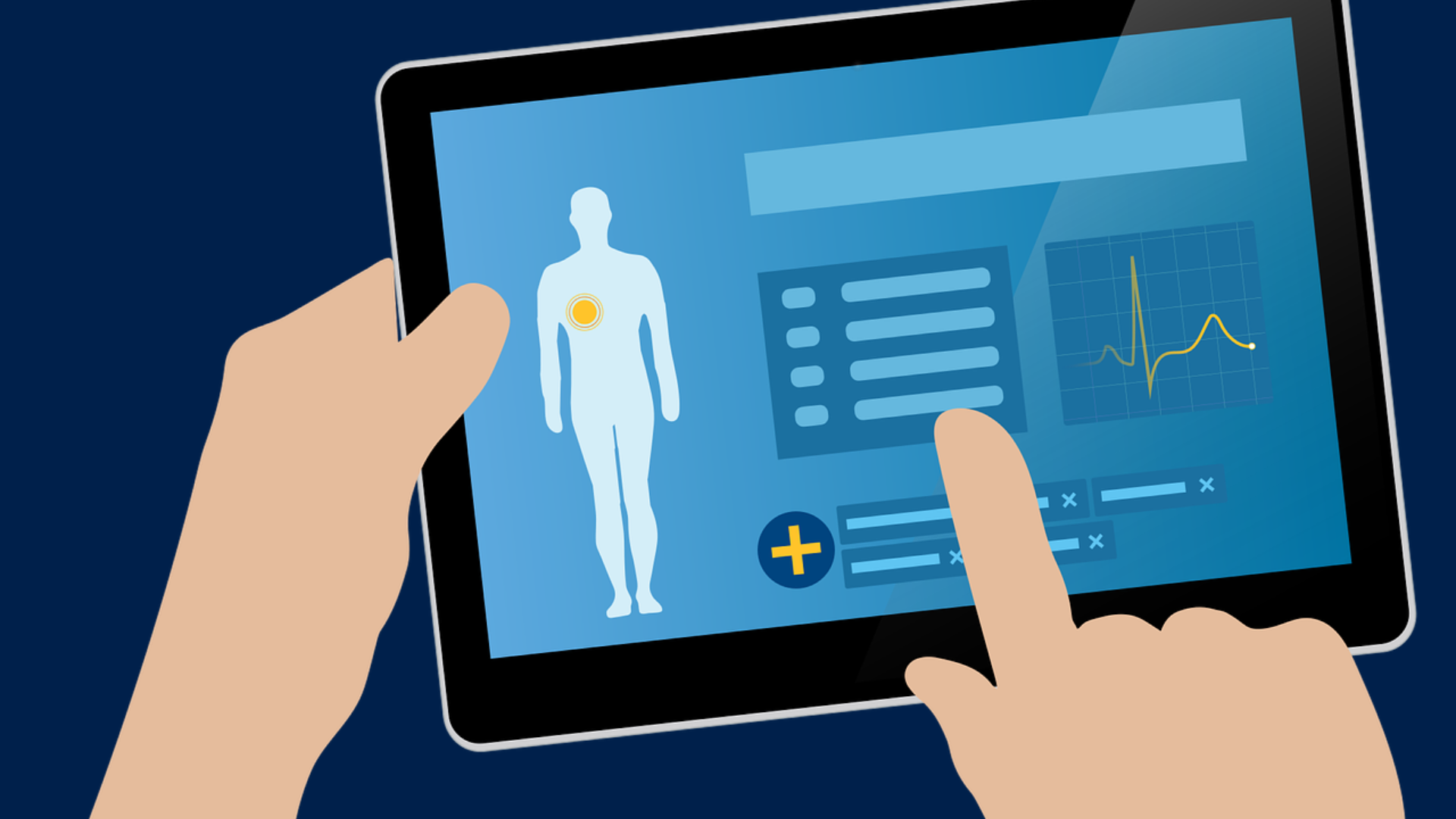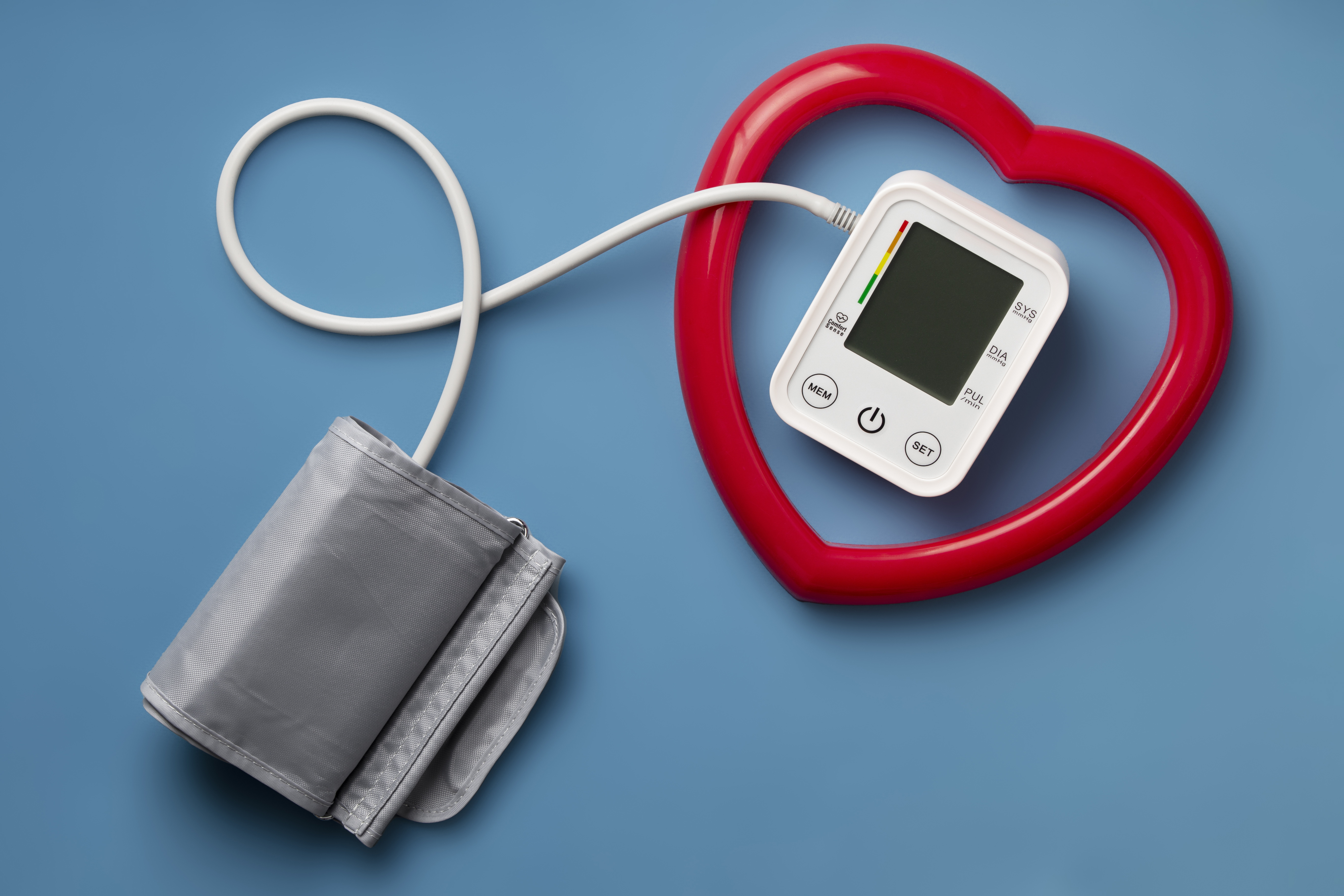
Electronic Health Record
Covid shook the world like never before. Making it more and more paperless. Digitalization became the order of the day. Education, Workforce, Networking, Entertainment, Travel - almost everything started being consumed online. Healthcare too didn't remain untouched by this digital revolution. In fact, the pandemic became a blessing in disguise for it. Medical reports went digital; online consultations became the norm. Further, in Sep 2021, the Indian government set up the 'Ayushman Bharat Digital Mission' with a view to develop the requisite infrastructure for an integrated digitalization of the entire healthcare ecosystem. Well, all of these has made Electronic Healthcare Record [EHR] (meaning storing medical records online) more relevant for all of the stakeholders (patient, their families, and relatives, doctors, hospitals, pharmacies, insurance companies, research institutions, colleges, etc).
An EHR of a patient makes his/her life more manageable and just so hassle-free; cost effectiveness, global accessibility, notification of timely followups, lifetime backup, error-free experience, time optimization, and so on and so forth. More importantly, it enables the physician to offer quality treatment and care through evidence-based medicines at the right time. Using Artificial Intelligence on the records, governments can rightly identify any specific pandemic trends while relevant agencies can also accelerate their research.
Digitalization is a boon of the 21st century. With its immense benefits for the entire populace, how can healthcare be left far behind? Still, pondering over getting your Electronic Healthcare Record (EHR)? Time to be proactive on that.

